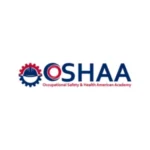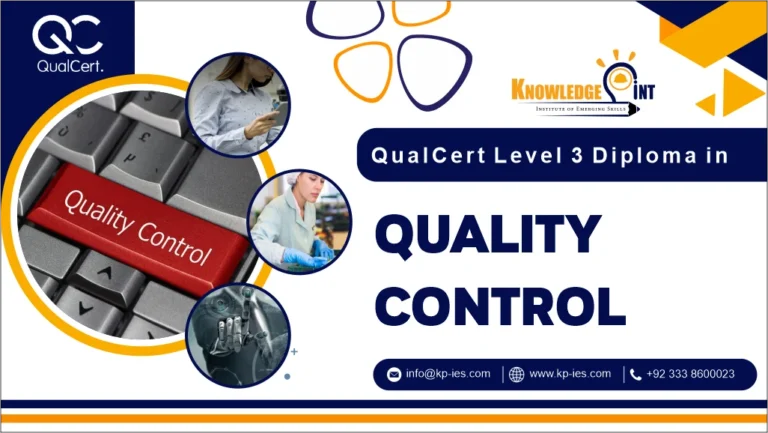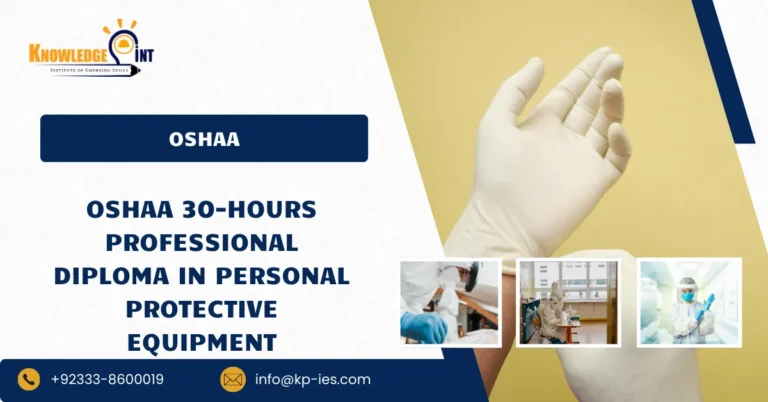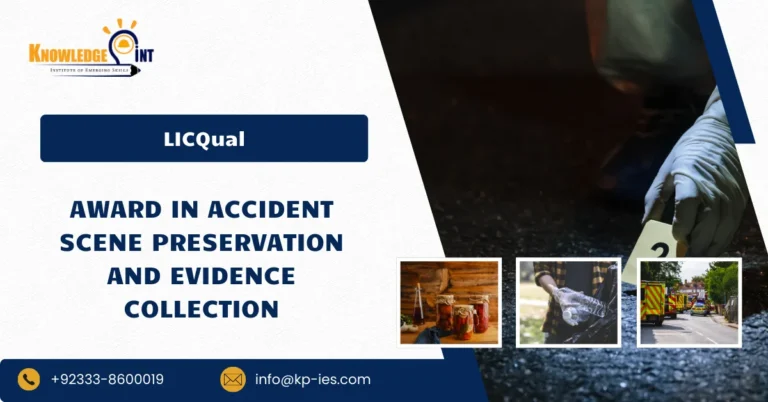OSHAA 30-Hours Professional Diploma
Medical Receptionist Training
Awarding Body
OSHAA
Duration
30 Hours
Course Type
Health & Safety
study mode
Online Learning
Course overview
The OSHAA 30-Hours Professional Diploma in Medical Receptionist Training is a specialised programme designed to prepare individuals for one of the most essential front-line roles in the healthcare sector. Medical receptionists serve as the first point of contact for patients and are pivotal in ensuring smooth communication between patients, healthcare providers, and administrative staff.
This diploma provides learners with the comprehensive skills required to manage healthcare reception duties efficiently, including patient interaction, appointment scheduling, medical records management, and basic medical billing. Participants also gain a strong understanding of healthcare regulations, patient confidentiality, and professional standards, enabling them to support the delivery of high-quality healthcare services.
The programme combines theoretical knowledge with practical applications to ensure that learners are well-equipped to handle real-world reception tasks confidently and professionally. It is ideal for individuals seeking to start a career in healthcare administration, as well as for existing medical receptionists aiming to enhance their skills, improve workplace efficiency, and earn a recognised professional qualification. By completing this diploma, learners develop the expertise and confidence needed to excel in the dynamic and customer-focused environment of healthcare reception.

Approved Training centre of OSHAA
For OSHAA Qualifications

Entry Requirments
Entry Requirements for the OSHAA 30-Hours Professional Diploma in Medical Receptionist Training:
- Educational Qualifications:There are no strict formal education requirements, though a basic level of education or literacy is recommended to understand medical terminology, records management, and office procedures.
- Professional Experience:Prior experience in healthcare, customer service, or administrative roles is beneficial but not mandatory. The course is suitable for beginners as well as existing receptionists seeking professional development.
- English Language Proficiency:Since the program is delivered in English, learners must show competence in reading, writing, and communication.
Course structure
The OSHAA 30-Hours Professional Diploma in Medical Receptionist Training qualification consists of 8 mandatory units.






